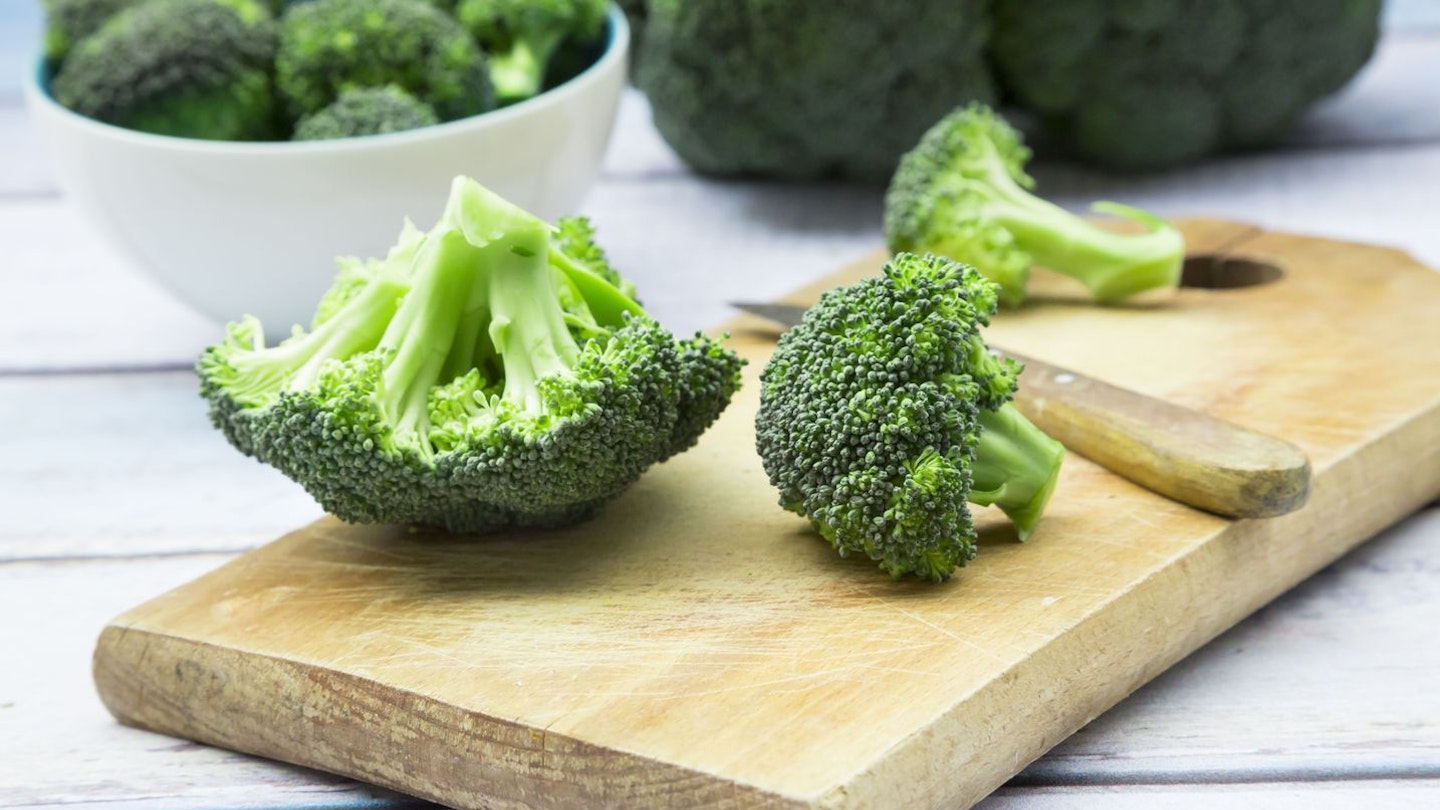Last week we delved into the world of juice cleanses to find out whether they’re a detox fact or fad, and this week we’re all about the alkaline diet.
The alkaline diet has been pegged as a solution for almost all ailments from the common cold to cancer, and these days everyone and everything seems to be jumping on the bandwagon. You can even buy special alkaline water – just incase Evian is a little too acidic for your taste buds!
So, what even is the alkaline diet and should we all be striving to reach this sacred alkaline state?
What Is The Alkaline Diet?
Put simply, the alkaline diet (also known as the acid-alkaline diet) involves mainly eating alkaline foods in order to keep the body at an ideal alkaline pH.
In more scientific terms, the basis of the alkaline diet is that all the foods we eat leave either an alkaline or acidic ash once they’ve been digested. As our body is naturally alkaline, with a pH of between 7.35 – 7.45, it is believed that we should be eating a diet full of alkaline-based foods in order to ensure our body is kept at this ‘ideal’ balance.
The alkaline diet is not for the weak willed. Fans of it shun not only processed foods and sugar, but also dairy, gluten, alcohol, meat and caffeine in favour of a huge amount of vegetables, legumes, nuts, seeds and certain alkaline fruits. This is thought to not only improve the way the body functions, but also to increase energy and mood positivity and reduce muscle fatigue, slow the ageing process and even help a huge range of ailments.
What Are The Benefits To The Alkaline Diet?
The premise of the alkaline diet is that by eating alkaline rich foods you naturally alter the pH of the body and move it towards a more alkaline state. Sounds too good to be true, doesn’t it?
As much as I strongly believe that food is medicine and can do the most amazing things for your health, science doesn’t lie and sadly the body’s pH cannot be altered by food alone. It is in fact down to our internal organs to monitor and adjust to keep our body at the right acidity! The only pH that can be affected by food is our urine, which naturally fluctuates throughout the day and gives little reflection of your health - other than the fact we may be a little dehydrated if we had a few too many drinks the night before!
Although the scientific backbone of it might be a little fuzzy, the foundations of the alkaline diet are actually quite strong and a lot simpler then they are made out to be. If you can get past the strict lists of acidic/alkaline/super alkaline/super -super alkaline foods, then fundamentally this is a diet is all about eating an abundance of fresh fruit and vegetables with a small amount of grains, dairy and meat.
Anyone who follows a diet based on these foundations will notice a few improvements in their health, though this will be more from eating a shed load of vegetables and cutting out processed foods, rather then meticulously balancing the body’s pH.
Should I Do The Alkaline Diet?
Any diet that encourages you to move towards a more whole food diet full of nutrient dense ingredients is definitely worth a try!
You don’t need to go full cold turkey and follow the strict guidelines of an alkaline diet to reap the results, either! If you loosely follows the premise of an abundance of fruit and veg (finally you can eat as much as you want of something!) and then just a small amount of high quality meat, dairy, grains and caffeine then you really are on the right track and will start to see the benefits pretty quickly.
The Alkaline Verdict: Fact
The science may be a little iffy but the foundations are ones to live by - let’s call this one a fact!
